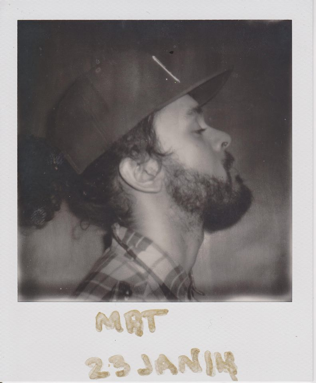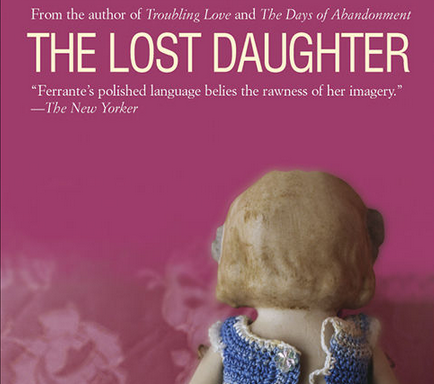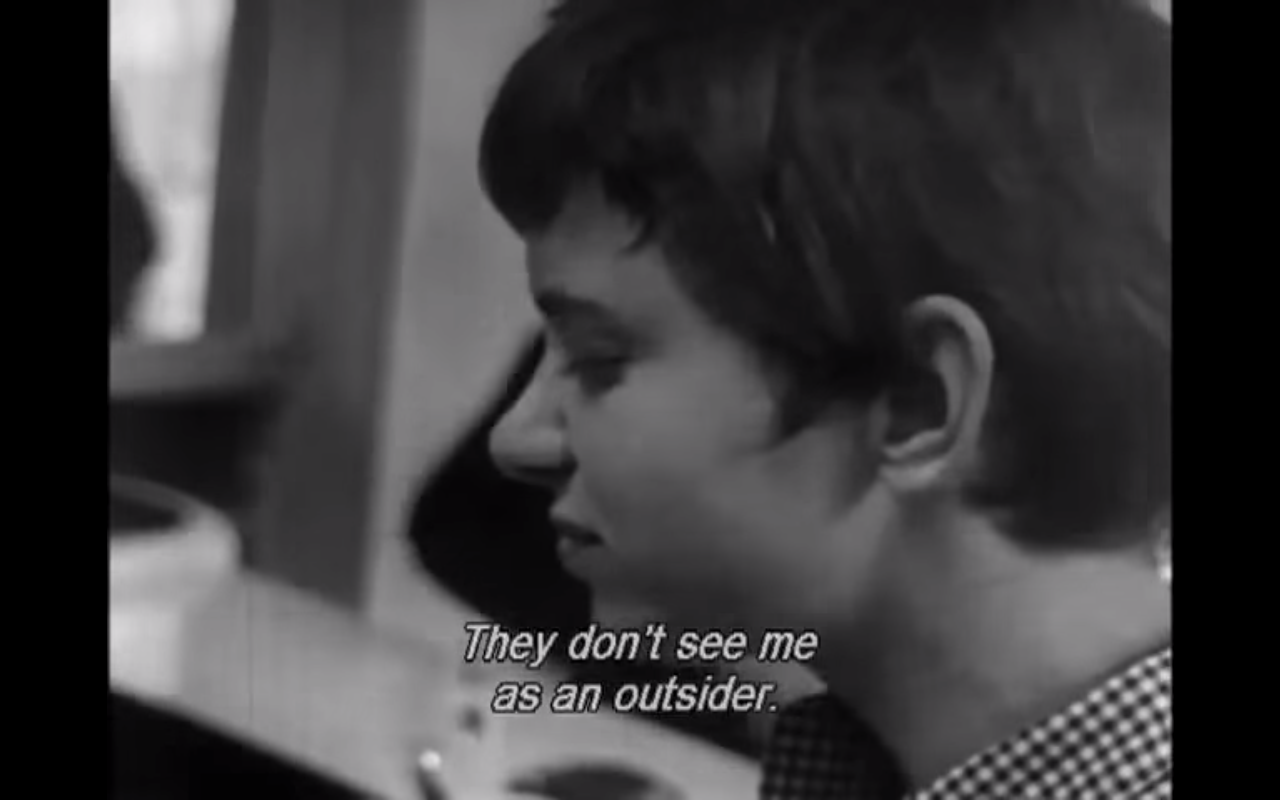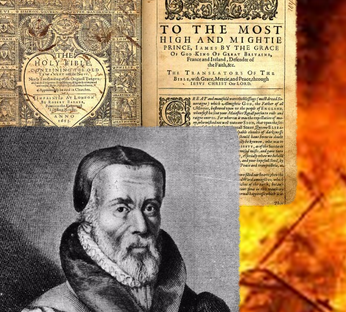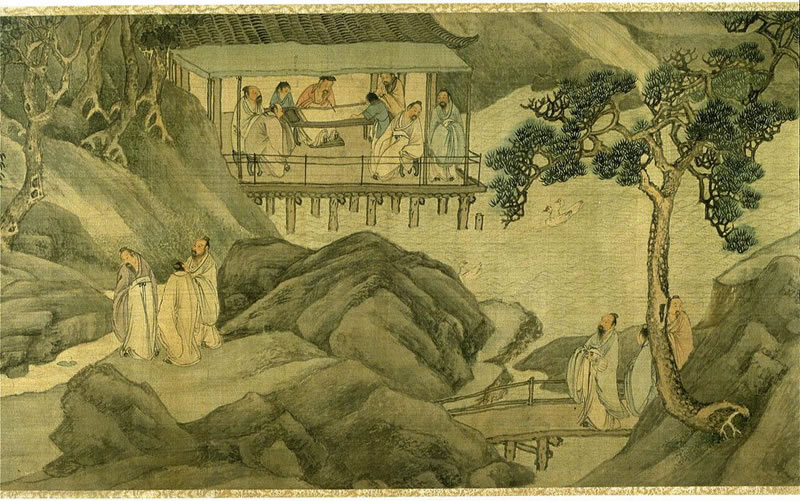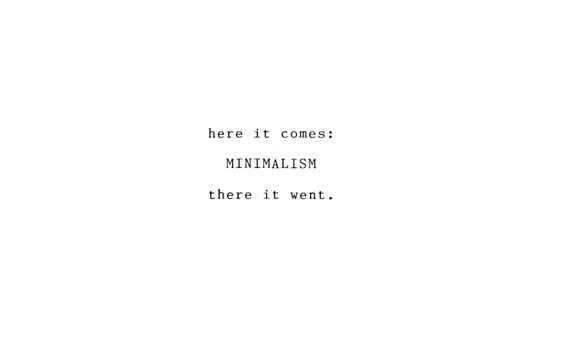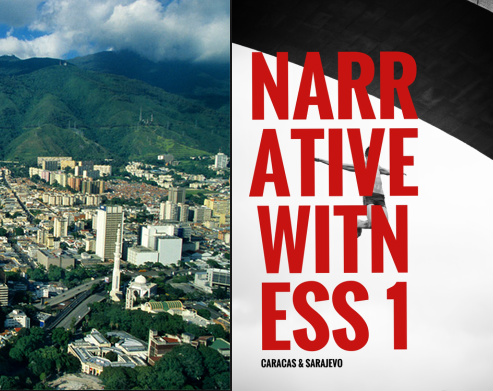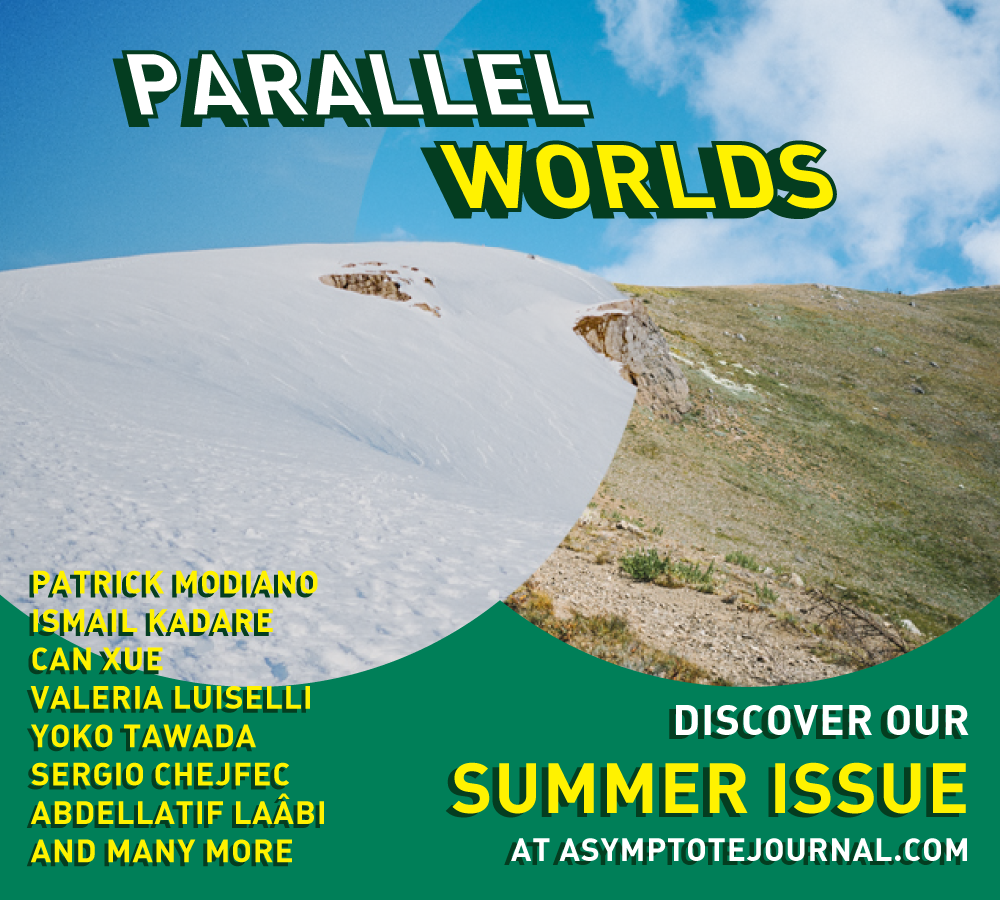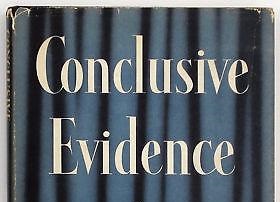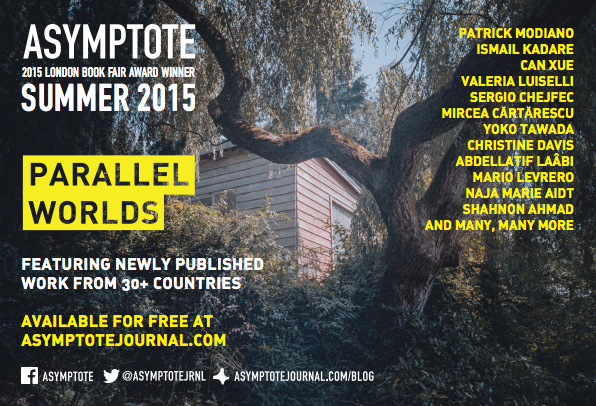Berlin seemed like the obvious choice. I had taken German classes for three years, and had been incubating visions of myself as an artistic, experimental person. Based on breathless reports from friends, the city seemed a stand-in for New York in the 70’s and 80’s. Cheap rent, temporary galleries, nightclubs that never closed—I pictured a city covered in the graffiti Giuliani had scrubbed away, yet cleansed of students from NYU—and paved with black leather catsuits and crushed bottles of pilsner.
To justify the trip, I had taken time off from school and secured an internship with a local arts magazine, called BPIGs, which somehow stood for Berlin Independents Guide. After a jet-lagged night in a hostel, I planned to wake up, drop off my giant backpack across town in my sublet room and then head to the magazine’s office. Without a smart phone, or even a cell phone that worked in Germany, I relied on print-out directions from Google. By the time I arrived at my sublet apartment on Weichselstraße, I realized I would soon be late for what was supposed to be my first official meeting. I threw my bag by my bed and ran out the apartment door, back to the U-bahn.
When I emerged from the station an hour later, I found myself on the gray banks of the Spree, in a neighborhood that seemed oddly starchy for an underground arts magazine. I ran up and down the empty street, tucking my chin against the January cold, scanning the building’s blank facades for the address, but none of them were quite right. It was now 3:00 in the afternoon, and I hadn’t managed to find the place. More than honesty or integrity, punctuality is the highest German virtue, and with each passing minute, I felt my chances of making a good impression dribble away. This internship was my only ostensible reason for being in the city, and it seemed I was going to squander it. READ MORE…




